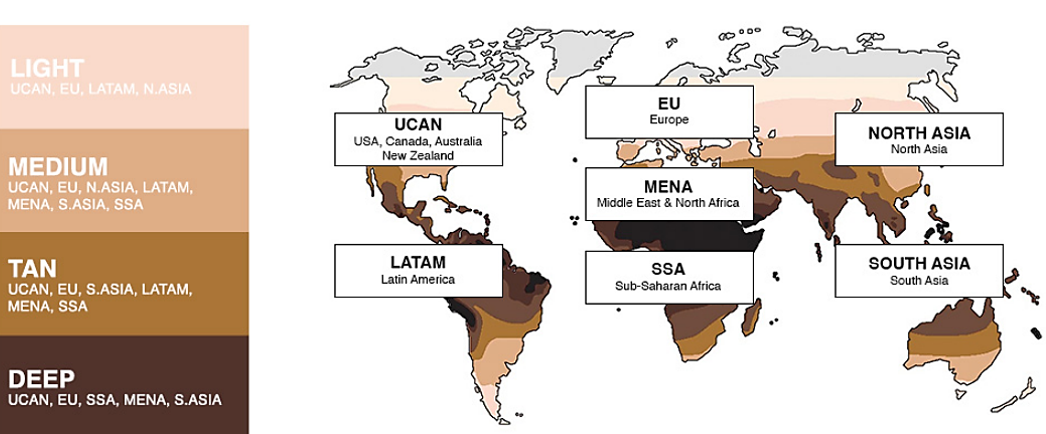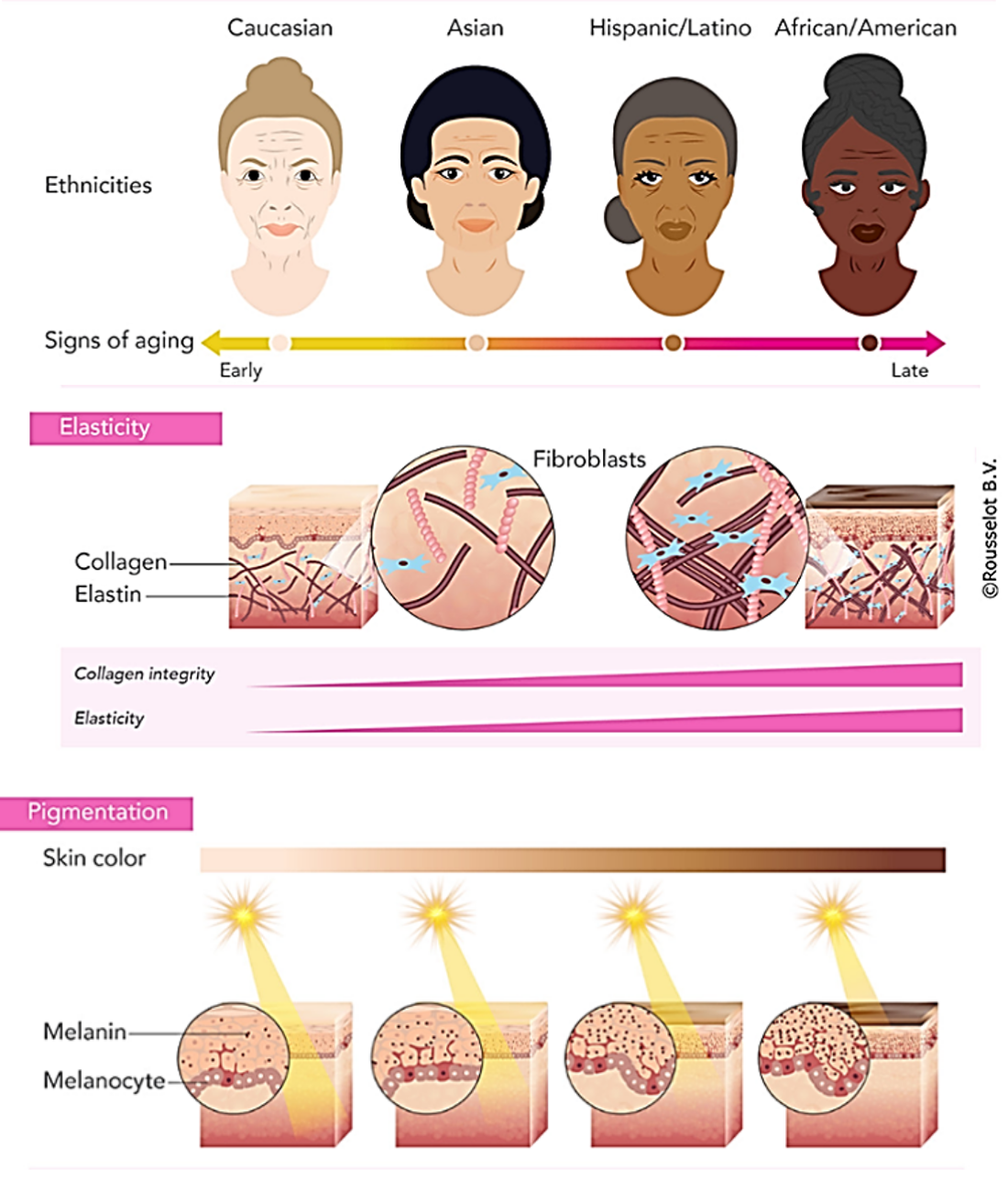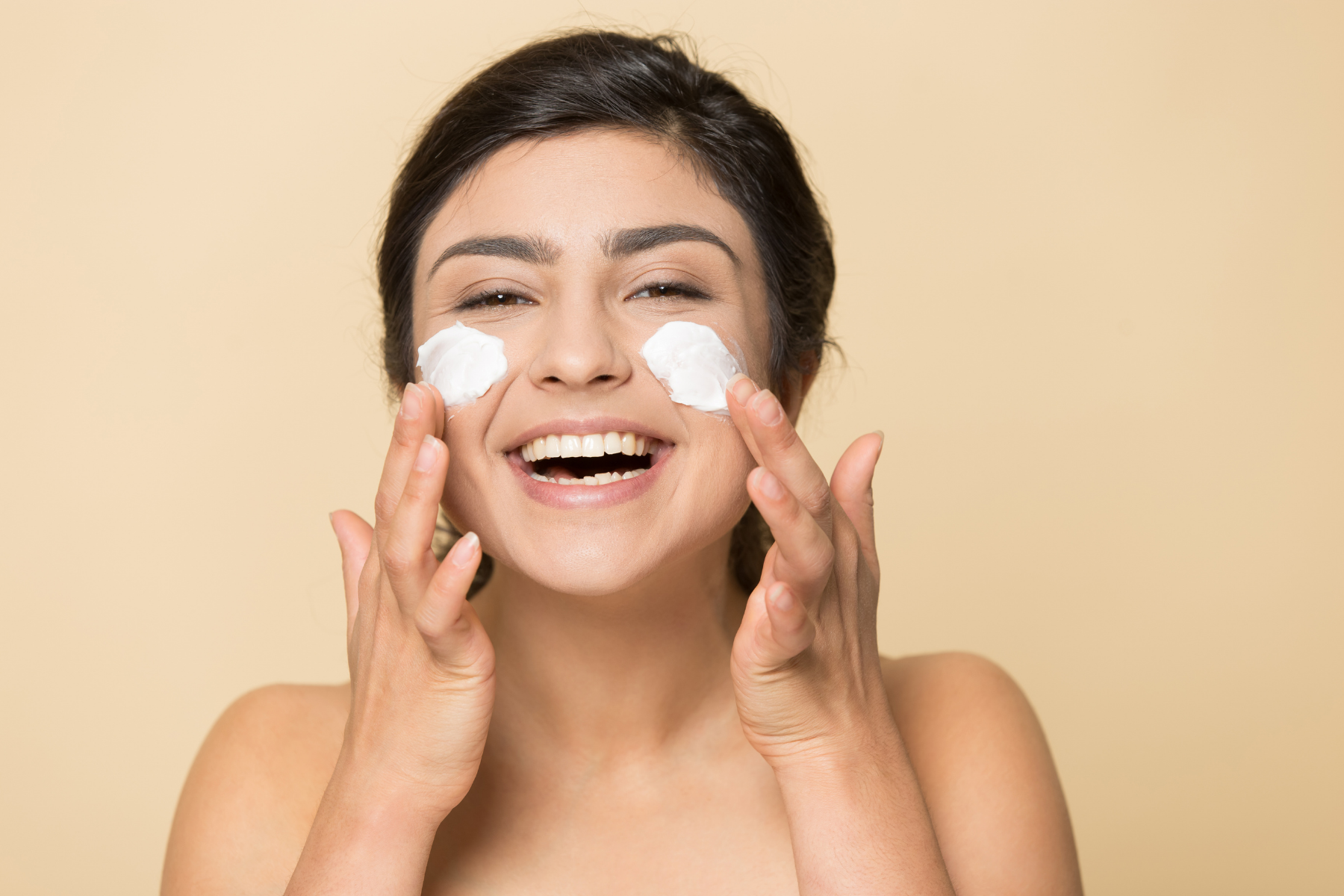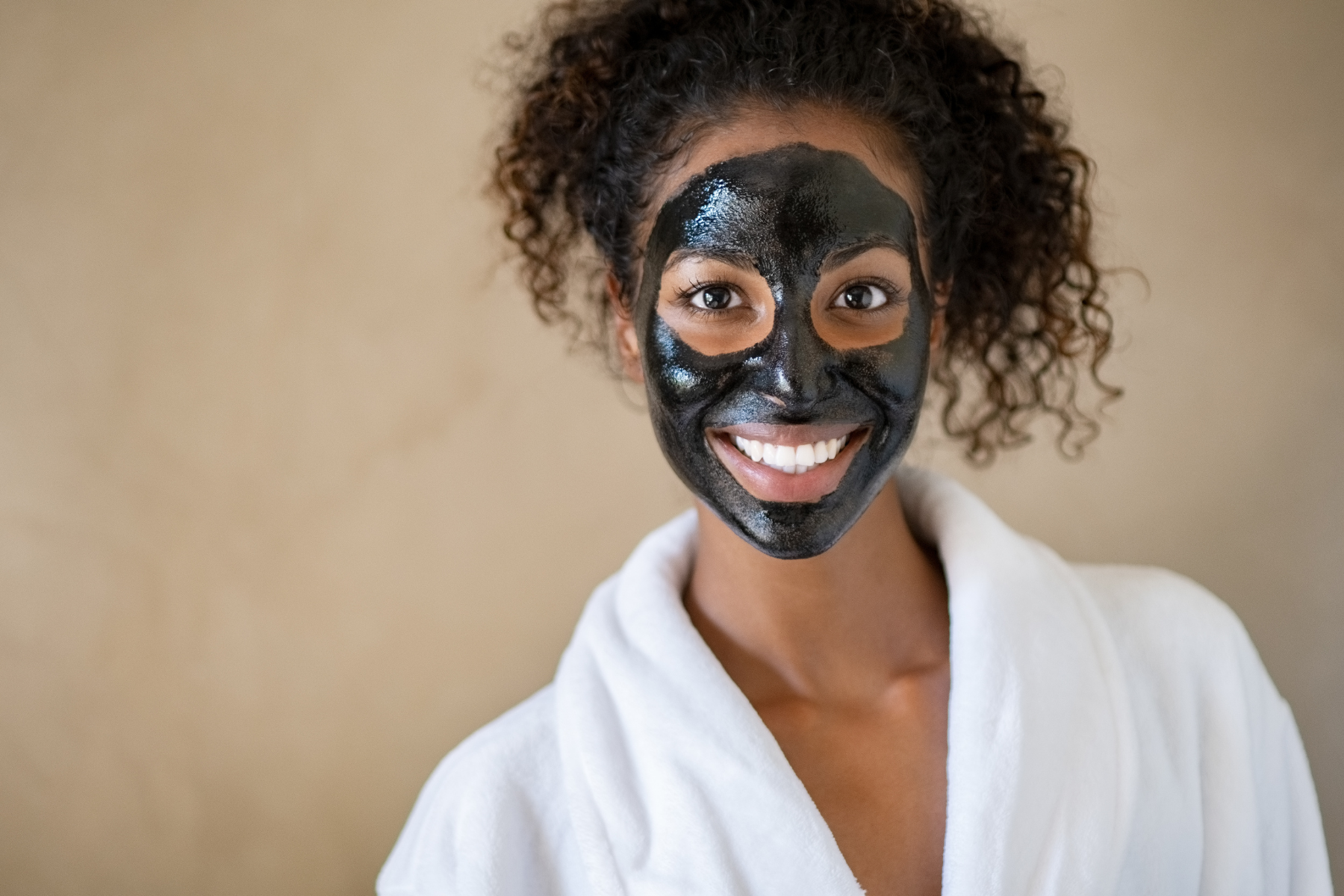When it comes to inclusivity, the beauty industry undoubtedly has some work to do—and we’re going to do it together.
The dermatology and skin care fields, in particular, have blemishes that we simply can’t dismiss. Bustle notes that dermatology is the second least diverse area of medicine, with Black dermatologists accounting for only 4 percent of all dermatologists in the U.S. And in a sampling of 58 skin care studies, 75 percent of participants were white. But are Black, Indigenous, People of Color (BIPOC) skin tones a minority? Definitely not.

Image credit: Beautystreams
Well+Good points out that 63 percent of women of color in a 2,000-person survey said they felt ignored by the industry, and that there aren’t enough effective products for them. “Melanin-rich skin is more susceptible to discoloration and post-inflammatory hyperpigmentation (PIH) than Caucasian skin, yet over-the-counter products that work to treat these issues in darker skin tones are few and far between,” Well+Good writes. Bustle says, “Until more inclusive research into all skins of color becomes a reality, darker-skinned women not only have to struggle with mainstream beauty standards that have traditionally catered more to lighter skin — they also have to navigate racist standards and beliefs about what skin type is more desirable.”
With inclusion finally at the crucial core of industry discussion, it’s time for brands to put the movement to work in formulation. In order to do that, we all have to first understand BIPOC skin better. In simple terms, skin color is determined by the amount of melanin in the skin. Darker skin tones have a higher melanin content, which provides stronger photoprotection, leading to less photoageing. Meaning, dark-skinned people typically do not start wrinkling until 10 to 20 years later, since they have a compact dermis in the deep layer of the skin, with more active cells and a stronger collagen network. On the other hand, people of color are also twice as likely to have sensitive skin and melanin-producing cells may be more susceptible to the effects of inflammation and injury. Oily skin is the most common since the secretion of sweat glands is greater in this type of skin. Thus, it favors the appearance of acne and folliculitis.

At Sensient, we understand every concern and from our extensive portfolio, here are a few natural, inclusive beauty ingredients that address specific skin concerns—such as hyperpigmentation, uneven tone and dry skin—for people of color.
Covasterol

Dark skin can be more prone to oil and acne. Covasterol, a blend of plant phytosterols in place of lanolin, can provide moisturization, hydration, skin comfort and smoothness all at once. This ingredient is proven to reduce sebum production and pore size in 7 days. It also adds a luxurious creaminess to certain formulas.
Vegetable Charcoal

Daily cleansing is essential for anyone’s skin. But for sensitive skin, it’s important to deliver a formula that won’t strip moisture even with frequent use. Sensient’s activated carbon vegetable charcoal powder provides high absorption to deeply remove dirt from the skin, leaving it feeling ultra-clean and refreshed. Extracted from European peatlands, our vegetable charcoal is 100% natural and COSMOS certified.
Inclusivity in skin care formulation is essential and has been overlooked for too long. We must continue to do better. Sensient is committed to diversity and inclusion on a global scale—not just in our own corporate culture and partnerships, but also in our ingredients, formulations and industry leadership. Contact us to learn more about our skin care portfolio for inclusive beauty.









